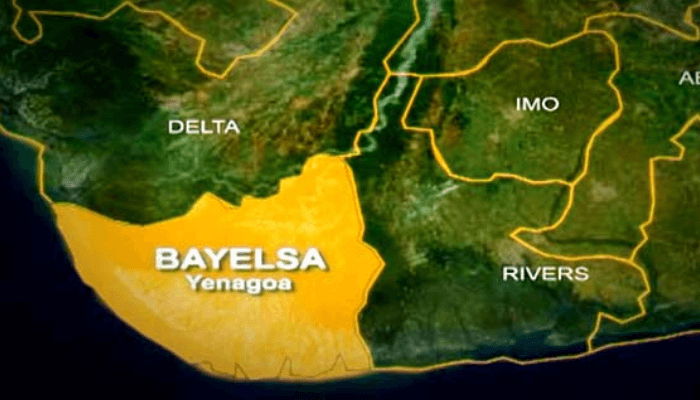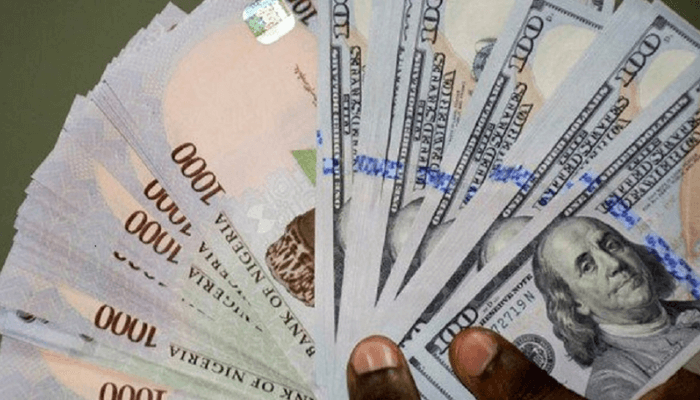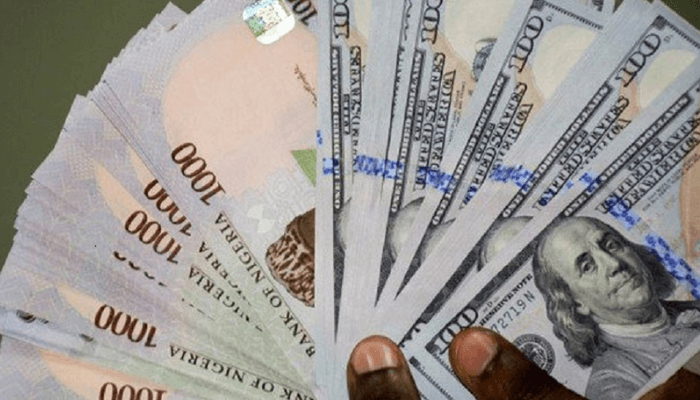Bayelsa State has recorded an unprecedented 250 percent increase in internally generated revenue (IGR), positioning it among Nigeria’s fastest-growing subnational economies. However, experts warn that new federal tax reforms could reshape how states like Bayelsa sustain such gains.
According to data from the Bayelsa State Board of Internal Revenue, the state’s monthly IGR jumped from around ₦1.2 billion in early 2023 to over ₦4 billion by mid-2025. Officials credit this growth to digital reforms in tax collection, expanded coverage of the informal sector, and stronger compliance measures across key industries such as oil services, hospitality, and transportation.
“The transformation didn’t happen by chance,” a senior tax officer said. “We invested heavily in automation, accountability, and citizen engagement. The goal was to make taxation fair, efficient, and transparent.”
Economic analysts say Bayelsa’s success reflects a growing national trend where subnational governments are diversifying revenue away from federal allocations. Yet, concerns are mounting about how the new national tax regime particularly the harmonization of levies and stricter oversight from the Federal Inland Revenue Service (FIRS) might impact state-level autonomy.
Under the reforms, states will be required to align some of their collection practices with federal standards, a move aimed at reducing multiple taxation but which could also limit local discretion in setting certain rates.
“Bayelsa’s revenue leap is a success story worth studying,” said public finance expert Timi Ebifa. “But the new tax environment will test how resilient these reforms are when external controls increase.”
As Nigeria transitions to a unified tax policy framework, Bayelsa’s challenge will be maintaining its momentum while adapting to the evolving fiscal landscape balancing innovation with compliance, and autonomy with collaboration.










Leave a Reply